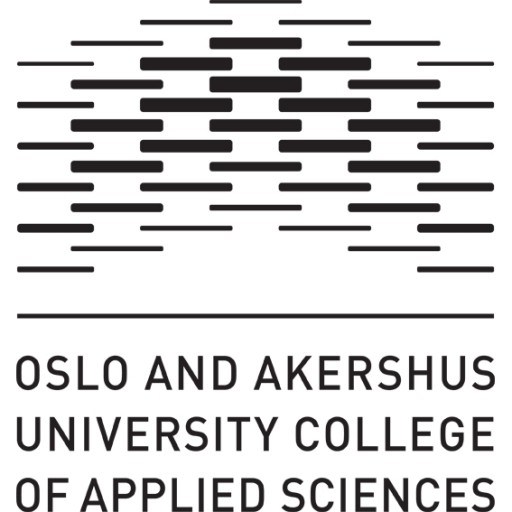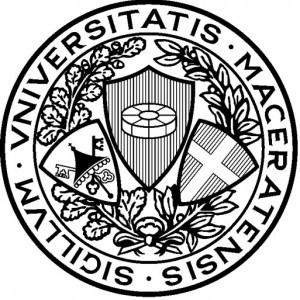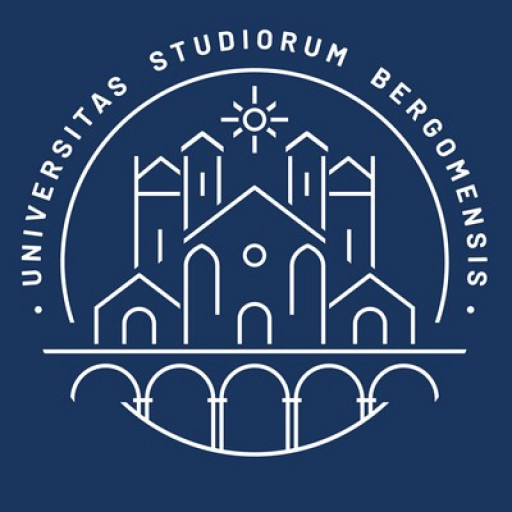Photos of university / #unioslo
International Community Health at the University of Oslo is a comprehensive master's programme designed for students interested in understanding and addressing health issues within diverse global communities. The programme offers a multidisciplinary approach, combining perspectives from medicine, social sciences, public health, and development studies to equip students with the knowledge and skills necessary to improve health outcomes worldwide. Throughout the course, students will explore the social, economic, political, and cultural determinants of health and disease, gaining insights into how these factors influence health disparities and access to healthcare services across different populations.
The programme emphasizes a holistic understanding of community health, including topics such as health systems, policy development, maternal and child health, infectious diseases, non-communicable diseases, and health promotion strategies. It encourages critical analysis and innovative thinking to develop sustainable solutions for complex health challenges faced by communities in low-, middle-, and high-income countries. Students will engage in case studies, fieldwork, and research projects, often collaborating with international organizations, local health agencies, and NGOs to gain practical experience.
Furthermore, the programme offers opportunities for specialization in areas such as global health policy, epidemiology, or health promotion, enabling students to tailor their education according to their career aspirations. With courses taught by experienced faculty members and guest lecturers from various international organizations, students will stay updated on current global health issues, innovations, and best practices. The diverse student body fosters a vibrant learning environment, encouraging cross-cultural exchange and collaboration.
Graduates from the International Community Health programme are well-prepared for careers in international health agencies, governmental organizations, NGOs, research institutions, or further academic pursuits. They will have the competency to analyze health systems, develop effective intervention strategies, and contribute to policy formulation aimed at improving health equity worldwide. The programme's integrated approach ensures that students acquire both theoretical knowledge and practical skills necessary to make meaningful contributions to global community health, fostering a commitment to social justice, equity, and sustainability in health.
The Master’s program in International Community Health at the University of Oslo is designed to equip students with comprehensive knowledge and practical skills necessary to address health challenges faced by communities worldwide, particularly in low- and middle-income countries. The program emphasizes a multidisciplinary approach, integrating perspectives from medicine, public health, social sciences, and policy development to foster a holistic understanding of health determinants and solutions in diverse cultural and socio-economic contexts. Students will explore topics such as infectious and non-communicable diseases, health systems analysis, health policy and management, health promotion, and community-based interventions. The curriculum combines theoretical coursework with practical fieldwork, internships, and research projects, providing students with hands-on experience in designing, implementing, and evaluating health programs in real-world settings. Throughout the program, students are encouraged to critically analyze health disparities and social determinants of health, develop innovative strategies to improve health outcomes, and promote sustainable development goals related to health. The program also offers opportunities for specialization in areas such as maternal and child health, infectious disease control, or health systems strengthening. Faculty members are renowned researchers and practitioners in global health, offering mentorship and guidance to students. Graduates of the program are well-prepared for careers in international health organizations, NGOs, governmental agencies, research institutions, and policy development bodies. They will possess the skills to contribute effectively to health improvements in vulnerable populations, advocate for health equity, and develop evidence-based policies to tackle global health challenges. By completing this program, students will become competent professionals capable of making meaningful contributions to advancing global community health and achieving equitable health outcomes worldwide.
Program requirements for the International Community Health Master's programme at the University of Oslo typically include a relevant bachelor's degree or equivalent, demonstrating a strong foundation in health sciences, social sciences, or related fields. Applicants must submit proof of proficiency in English, such as IELTS or TOEFL scores, satisfying the university's minimum language requirements. A relevant statement of motivation outlining academic and professional goals, and how the programme aligns with these ambitions, is also required. Additionally, applicants are expected to provide a CV or resume detailing relevant work experience, internships, or volunteer activities related to health and community development. Some prior experience in international health, public health, epidemiology, or related disciplines is considered advantageous. The admissions process also emphasizes diversity and experiences that can contribute to an international and multicultural learning environment. Candidates may need to provide references or recommendation letters that attest to their academic abilities and motivation for studying international community health. The selection process evaluates academic performance, relevant experience, motivation, and language proficiency to ensure candidates are prepared for the programme's challenging coursework and research components. Specific additional prerequisites may include knowledge of global health issues, familiarity with health policy, or previous research experience, depending on the applicant's educational background. The programme encourages applicants who demonstrate a commitment to improving health outcomes in diverse and underserved communities worldwide. Overall, admission requirements aim to assemble a group of highly motivated students with diverse backgrounds and experiences, capable of contributing to and benefiting from the interdisciplinary and international nature of the programme.
The University of Oslo offers various funding options for students enrolled in the International Community Health master's program. Tuition fees are applicable for international students, though there are scholarships and funding opportunities available to help offset these costs. The university provides merit-based scholarships for outstanding applicants, which are awarded based on academic achievement, motivation, and relevant experience. Additionally, students can explore external funding sources such as government scholarships, international organizations, and health-focused foundations that support studies in global health and related fields.
Students are encouraged to apply early for scholarship opportunities, as the application process typically occurs several months before program start dates. The University of Oslo also participates in European Union funding programs, which can provide financial support for students engaged in mobility or collaborative projects within Europe. For students from partner countries, there may be specific grants tailored to facilitate international health cooperation and research.
In terms of living expenses, students should budget for accommodation, food, transportation, and materials, as the cost of living in Oslo is relatively high. The university's student welfare organization offers assistance with housing, often at reasonable rates for students. Part-time work opportunities are available for enrolled students, which can help supplement their income during studies. Many students finance their studies through a combination of personal savings, family support, scholarships, and part-time employment.
The university also provides guidance on applying for loans through national student loan funds, where applicable. International students are advised to investigate their home country's financial support systems and explore bilateral agreements that might facilitate funding. Overall, while tuition fees may be applicable for non-EU/EEA students, various scholarship and funding options exist to support students pursuing the International Community Health program at the University of Oslo.
International Community Health at the University of Oslo offers a comprehensive understanding of global health issues with a focus on developing effective strategies for health promotion and disease prevention in diverse community settings. The program is designed for students interested in gaining in-depth knowledge of health systems, social determinants of health, and cross-cultural health practices. It provides a multidisciplinary approach, integrating perspectives from medicine, sociology, anthropology, public health, and policy studies. Students will learn about global health challenges such as infectious and non-communicable diseases, health inequalities, and the impact of migration and urbanization on health outcomes. The curriculum emphasizes the importance of sustainable health interventions, cultural competence, and ethical considerations when working within diverse populations. Courses cover topics including epidemiology, health policy analysis, health communication, and community-based intervention strategies. Practical training components, such as fieldwork and internships, are integrated to give students real-world experience and foster skills in needs assessments, program planning, and evaluation. The program aims to prepare graduates for careers in international health organizations, NGOs, governmental agencies, or research institutions dedicated to improving health equity worldwide. Graduates will also possess the analytical capabilities to critically evaluate existing health programs and develop innovative solutions tailored to specific community contexts. The program often collaborates with global health partners, offering students opportunities for international exchanges and field projects abroad. Admission requirements include a relevant bachelor’s degree and proficiency in English. Upon completion, students are awarded a master’s degree in International Community Health, equipping them with the knowledge and skills necessary to make a measurable difference in global health outcomes.










